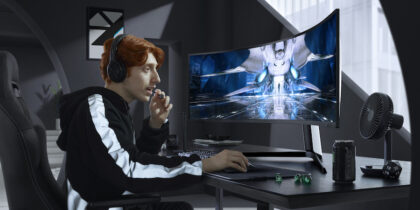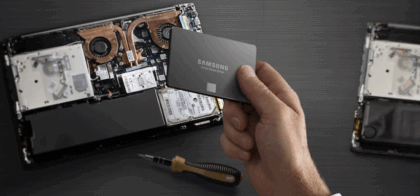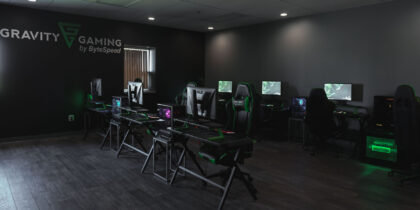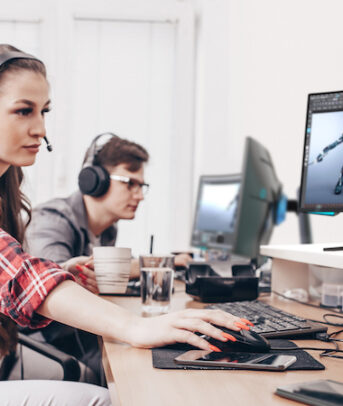Electronic sports, or esports, isn’t just a fringe pastime for hardcore video gamers anymore. In fact, professional online gaming has exploded in recent years, with millions of people watching esports matches and tens of thousands participating in them.
SSD gaming: High-stakes demand a need for speed
One of the most popular esports contests, League of Legends, is a multiplayer, team-based online battle arena game where the goal is to destroy the other team’s base while scoring kills and collecting gold.
The league attracts players from all over the world, who vie for big cash prizes. In 2021, for example, the Counter Logic Gaming (CLG) League of Legends team competed for championship rings, medals and a shared jackpot of $2.225 million.
How over-provisioning SSDs impacts performance
Get your free white paper on how over-provisioning of SSDs can improve memory performance. Download Now
With such high stakes, it’s no wonder that having the best gaming system isn’t just a desire for esports contestants, it’s a necessity. That’s why SSD gaming is becoming an industry standard, according to Jonathon McDaniel, general manager of CLG League of Legends.
“Playing League of Legends, well, you really need a good computer,” he says. “Frame rate is really important for League of Legends, and anything from graphics cards to processors to even SSDs can really make a difference, from boot speeds to just general performance in the game. You never want to have any dropped frames or any kind of performance issues throughout your game,” McDaniel says. “Games can go for 20, 30, even 40 minutes, so you want to make sure your computer can be at its best during that whole time.”
SSDs improve gaming performance
As McDaniel points out, solid state drives (SSDs) play a critical role in esports. SSDs, unlike traditional hard disk drives (HDDs), have no moving parts. They use flash memory instead of a spinning platter and actuator arm.
Data stored in flash memory can be retrieved almost instantaneously, while HDDs have to account for rotational latency — the amount of time it takes for the arm to find the right storage sector on a spinning platter. This makes SSDs significantly faster than HDDs, with read/write speeds that are at least four times faster. SSDs with non-volatile memory express (NVMe) connections are even quicker because they link the drive directly to the computer’s PCIe lanes, boosting overall throughput.
No matter what kind of connectivity they use, SSDs’ ability to access data quickly means better frame rates, boot speeds, and overall CPU performance. This translates to games loading faster and graphics that don’t stutter or lag. With SSDs, gamers won’t find themselves stuck at overlong loading screens or moving the controller in vain while their character stands idle due to lag.
The CLG League of Legends team uses SSDs to improve their competitive performance, according to McDaniel. He also notes that Samsung SSDs are his esports SSD of choice.
“For these players, competition is what they do. They wake up every day and play the game not just to win, but to get better so that they can continue to win. You definitely need all the different things to compete at the top level, and SSDs are an important component,” he says.
Heightened gaming experience with easy installation
While Samsung SSDs are installed at the factory in many cases, some esports players, including CLG League of Legends Philippe Lavoie-Giguere, are installing their own Samsung SSDs, such as Samsung’s 980 PRO M.2 Gen4 NVMe SSD.
Installing a Samsung SSD is easy, he says, and it’s made his game play better. “I use Samsung SSDs at home and at work because they’re the most reliable brand,” he says. “We can launch our game super rapidly. We can launch all of our applications super fast. There are some games where it’s really important to have SSDs because it would load the map faster, and they could start the game before the opponent,” Lavoie–G says. “You know, we don’t waste time. We just get in our game.”
Explore Samsung’s game-ready SSDs, and get your free white paper on how over-provisioning of SSDs can improve memory performance even more.







